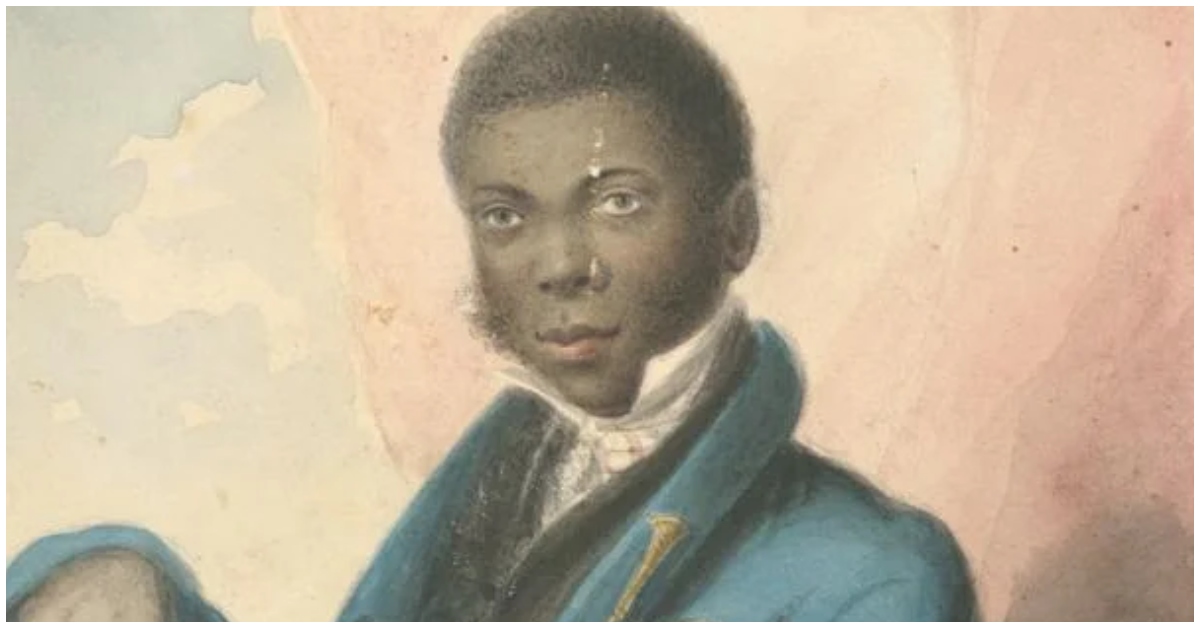A Pioneering Musical Career
Francis Johnson (1792-1844) was a trailblazer in the world of music, becoming the first African-American to publish sheet music in the United States. His remarkable career spanned several decades, during which he achieved numerous groundbreaking accomplishments that paved the way for future generations of Black musicians.
Born in Philadelphia, Johnson’s musical talent was evident from an early age. In 1818, at just 26 years old, he made history by publishing “A Collection of New Cotillions,” becoming the first African-American composer to have his work printed as sheet music.
“Johnson became the first African American to publish sheet music (well over two hundred published pieces), the first black musician and perhaps the first American musician to tour Europe with a band, and one of the first musicians to participate in integrated public concerts.”
The Rise of a Musical Icon
As his fame grew, Johnson’s band, initially composed entirely of African Americans, began receiving gigs from prominent white socialites, performing at some of the most prestigious social gatherings in Philadelphia. This recognition was a testament to Johnson’s exceptional talent and the band’s impeccable musicianship.
In 1824, Johnson’s compositions were featured in ceremonies honoring the return of Revolutionary War hero General Lafayette to the United States, further solidifying his reputation as a leading musical figure of the time.
“Johnson’s personal fame grew as his band became more and more famous, but also when, in 1824, he composed much of the music to be played at ceremonies honoring Revolutionary War hero General Lafayette upon his return to the United States.”
Breaking Barriers and Conquering Europe
Johnson’s achievements did not stop there. In 1837, he became the first African-American band leader to take a band to Europe, performing for Queen Victoria at Buckingham Palace. The young monarch was so impressed by Johnson’s talent that she gifted him a silver bugle as a present.
“In 1837, Johnson became the first African American band leader to take a band to Europe. Johnson’s band played for Queen Victoria at Buckingham Palace. The young monarch was so taken with Johnson’s musical talent that she gave him a silver bugle as a present.”
Overcoming Adversity and Leaving a Legacy
Despite facing blatant racism and prejudice throughout his career, Johnson remained steadfast in his commitment to his craft and to promoting equality through his compositions. His works, such as “The Grave of the Slave” and the “Recognition March on the Independence of Haiti,” reflected his unwavering dedication to social justice.
Johnson’s influence extended beyond his lifetime, as his band continued to perform for about 20 years after his death, and his music experienced a resurgence in the late 20th century, with some of his compositions being rerecorded and released on compact disc.
“There are no direct accounts of how Johnson reacted to the virulent racism he faced during his lifetime. What remains as evidence of Johnson’s commitment to equality are his compositions like “The Grave of the Slave” and the “Recognition March on the Independence of Haiti” as well as his continued commitment to play for the black community even after he became hugely popular in the more lucrative white community.”





